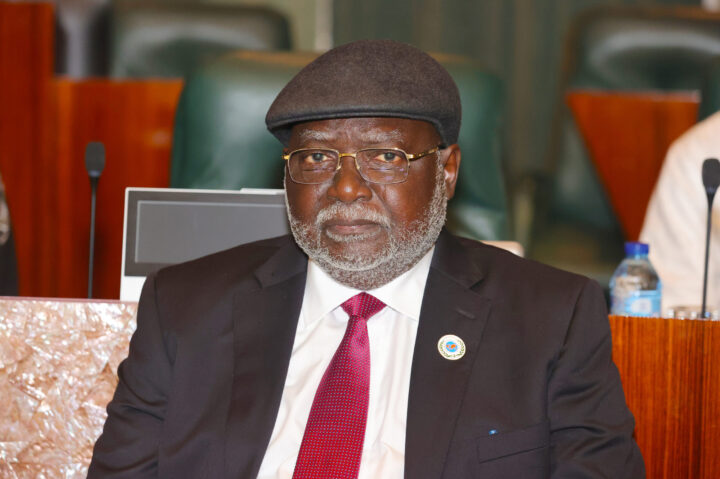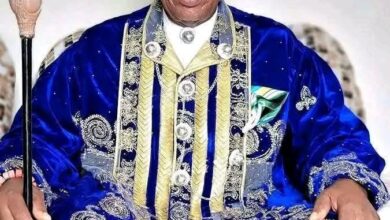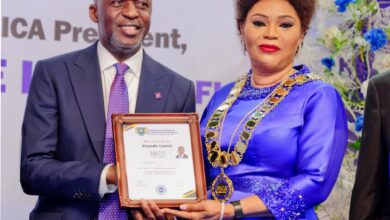
The Chief Justice of Nigeria (CJN), Justice Olukayode Ariwoola on Wednesday, swore in nine new justices for the Appeal Court.
The new justices bring the number of appeal court justices in the country to 79, as information on the website of the Court of Appeal indicates that there were 72 justices before the new addition.
During the swearing-in, which took place in Abuja, Ariwoola warned the new justices against the temptation of collecting gifts that could tarnish their reputation and truncate their career progression.
He said, “Many high-profile cases would definitely come to you on appeal; they may likely come in some juicy and irresistible gifts that are often intended to dent your reputation and integrity. I admonish Your Lordships to flee from such disguised temptations because your reputation and integrity matter much and count enormously in your rise to honour and fame in life.”
He urged them to conduct their duties in accordance with the law of the country, adding that with their current position, they would be subjected to more public scrutiny than ever.
Justice Ariwoola said, “You must, against all odds, conduct your affairs within the ambit of the law and the oath that has just been administered to you. The level of public scrutiny of your conduct will, henceforth, assume astronomical dimension because you have willingly taken up an appointment that will strategically place you perennially in the eye of the storm.”
Meanwhile, the CJN lamented that political cases are taking a toll on other categories of cases, especially criminal cases, before the courts in the country.
The CJN said while the political cases were being prioriotised because they have time limits, other cases are piling up in the courts and putting the judges under pressure.
He, therefore, encouraged Nigerians to explore alternative dispute resolution mechanisms as opposed to going to court to settle their disputes.
The CJN said, “Today’s ceremony is an indication of the times that we are currently in. Several novel crimes are being committed in the country that have now made litigation to be on a steady rise. Political cases, especially, are taking a monumental toll on our dockets.
“Indeed, the times we are in are not pleasant, to say the least. No court in the land is spared of this. We are constantly on our toes and the dockets are ever-rising in response to the challenges of the time.”
He lamented that the situation had placed Nigeria among countries with a large number of litigation in the world.
Ariwoola, however, advocated alternative dispute resolution to save the courts from “unnecessary burden and depletion of both human and material resources.”
He said, “This underscores the undisputed fact that Nigeria continuously ranks among the most litigious countries in the world. I strongly believe it is high time we began to imbibe the culture of less litigation and more alternative dispute resolution mechanisms so that our courts can be freed of unnecessary burden and depletion of both human and material resources.”










